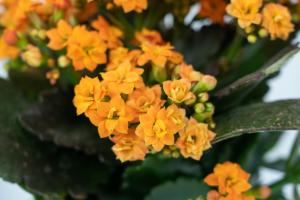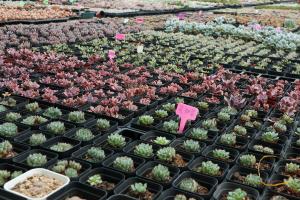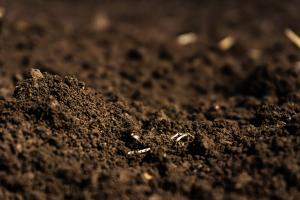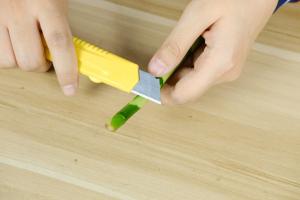How Often to Water Aloe Vera House Plant
Aloe vera is a popular house plant that requires little attention but can offer many benefits, such as purifying the air and aiding in healing cuts and burns. Like most plants, aloe vera requires watering to stay healthy, but it is important to know how much and how often to water it to avoid overwatering or underwatering. In this article, we will discuss how often to water aloe vera house plant and provide tips for ensuring its optimal growth.
Factors Affecting Watering Frequency
The frequency of watering your aloe vera house plant depends on various factors such as:
The size of the plant
The type of soil it's planted in
The humidity level in your home
The amount of sunlight and temperature
The season and weather conditions
All these factors determine how much water the plant needs and how often you should water it. So, let's dive into some practical watering tips for your aloe vera houseplant:
Watering Tips for Aloe Vera House Plant
1. The soil should be moist but not waterlogged:
Before you water your aloe vera house plant, make sure the top inch of soil is dry to the touch. If it is still moist, do not water it, as overwatering can cause root rot. Instead, wait for a few days and recheck. When you water, ensure that the water penetrates the soil and runs out of the drainage holes. Discard any excess water that accumulates in the saucer.
2. Water more in summer and less in winter:
Aloe vera house plants need more water during the growing season, which is spring and summer when they are actively growing. During the dormant period that is autumn and winter, water the plant sparingly as the soil takes longer to dry out.
3. Adjust watering frequency based on environmental conditions:
In warmer or drier climates, increase the watering frequency, while in cooler or humid areas, reduce the watering. If you keep the plant near a drafty window or heater, it may need more water due to the dry air.
4. Use distilled or rainwater:
Tap water may contain minerals that can harm aloe vera's sensitive roots and cause brown tips on the leaves. Alternatively, use distilled or rainwater, or leave tap water to sit overnight to allow chlorine to dissipate before watering.
Signs of Overwatering and Underwatering
Overwatering or underwatering aloe vera house plant can cause damage and affect its growth. Here are some signs to look out for:
1. Overwatering:
Yellowing or wilting leaves
Soft or mushy leaves
Root rot
Foul odor or fungus growth
2. Underwatering:
Dry, curled, or brown leaf tips
Slow or stunted growth
Loss of foliage
Brittle or crispy leaves
If you notice any of these signs, adjust your watering routine accordingly to save the plant. Remember to take necessary measures, such as repotting or trimming damaged roots, to prevent further damage.
Conclusion
Proper watering is crucial for the health of your aloe vera house plant. Although there is no fixed watering schedule, it is essential to consider variables such as the plant's size, soil type, temperature, and humidity, among others. By following the watering tips and watching out for signs of over or underwatering, you can keep your plant healthy and thriving for many years to come.

 how many times do yo...
how many times do yo... how many planted tre...
how many planted tre... how many pine trees ...
how many pine trees ... how many pecan trees...
how many pecan trees... how many plants comp...
how many plants comp... how many plants can ...
how many plants can ... how many plants and ...
how many plants and ... how many pepper plan...
how many pepper plan...
































